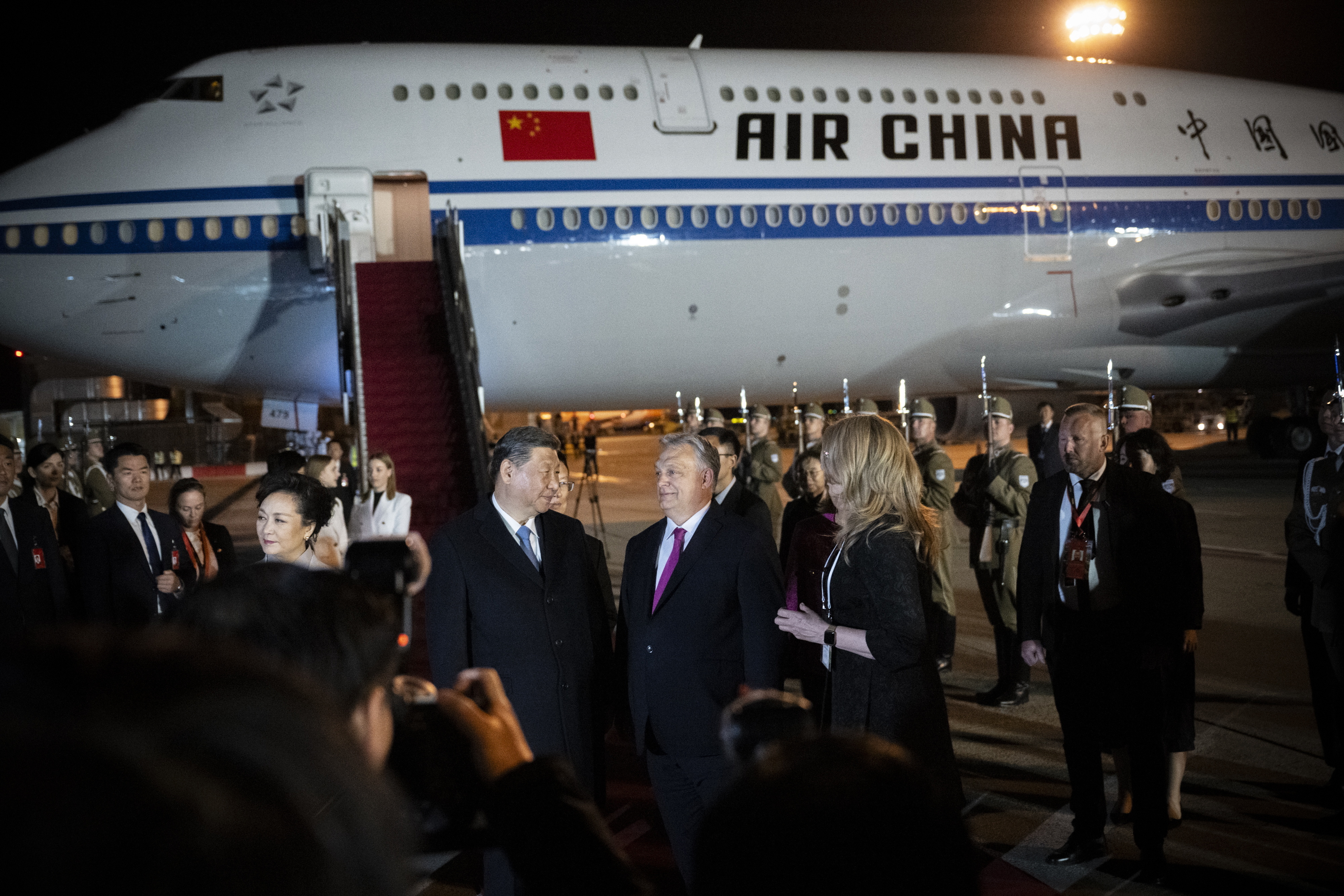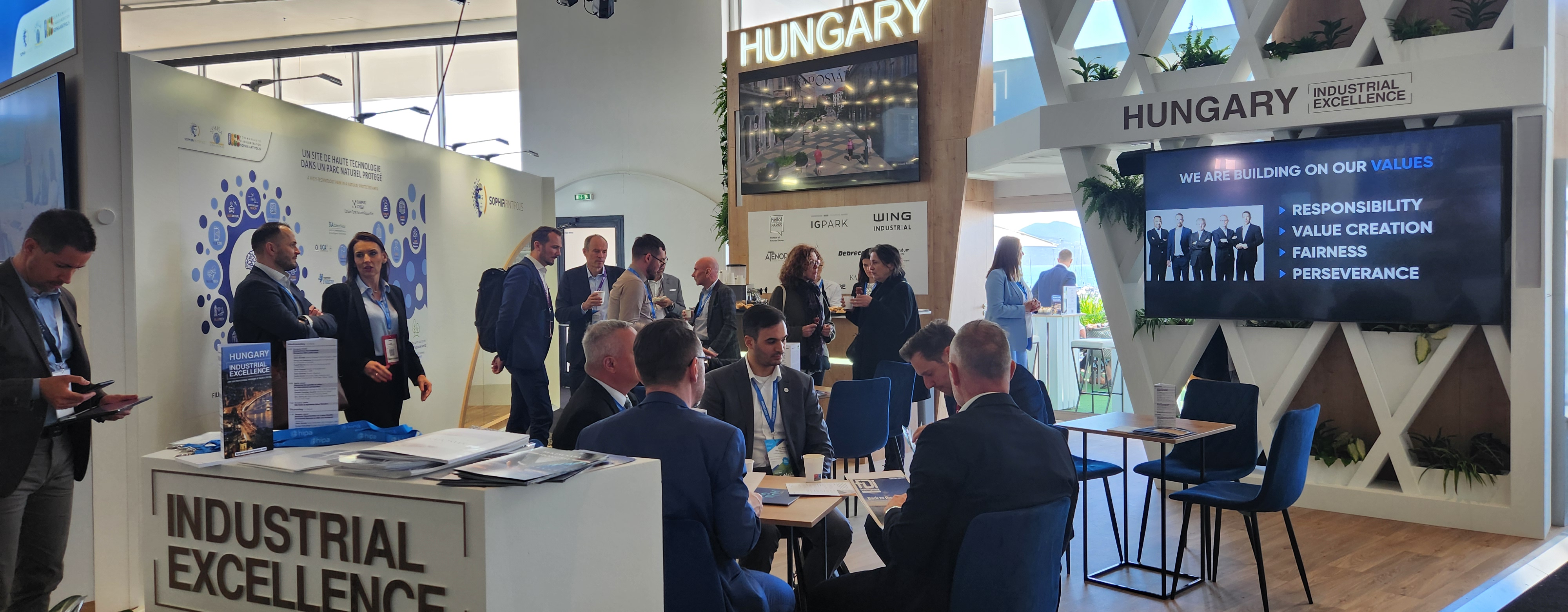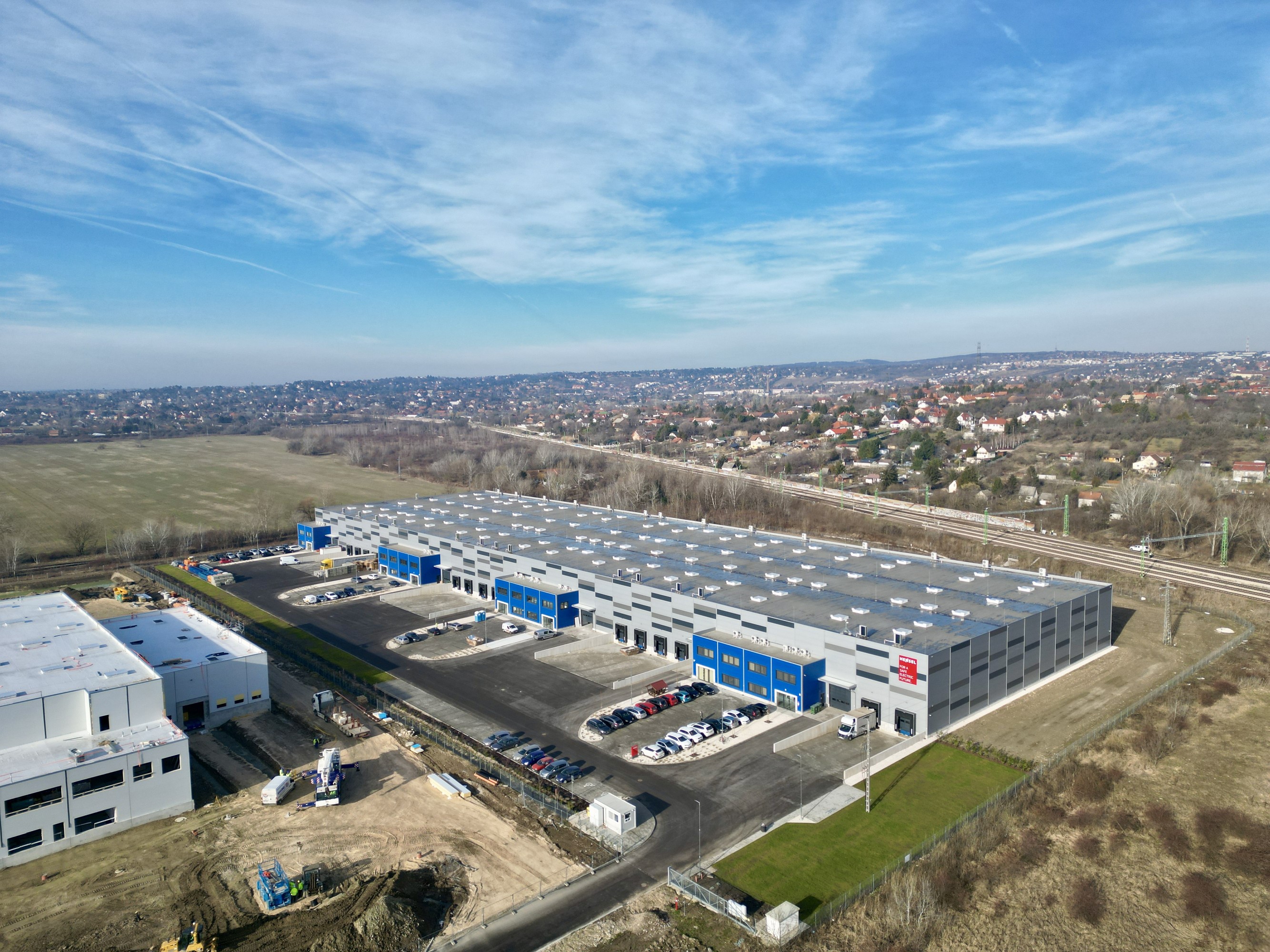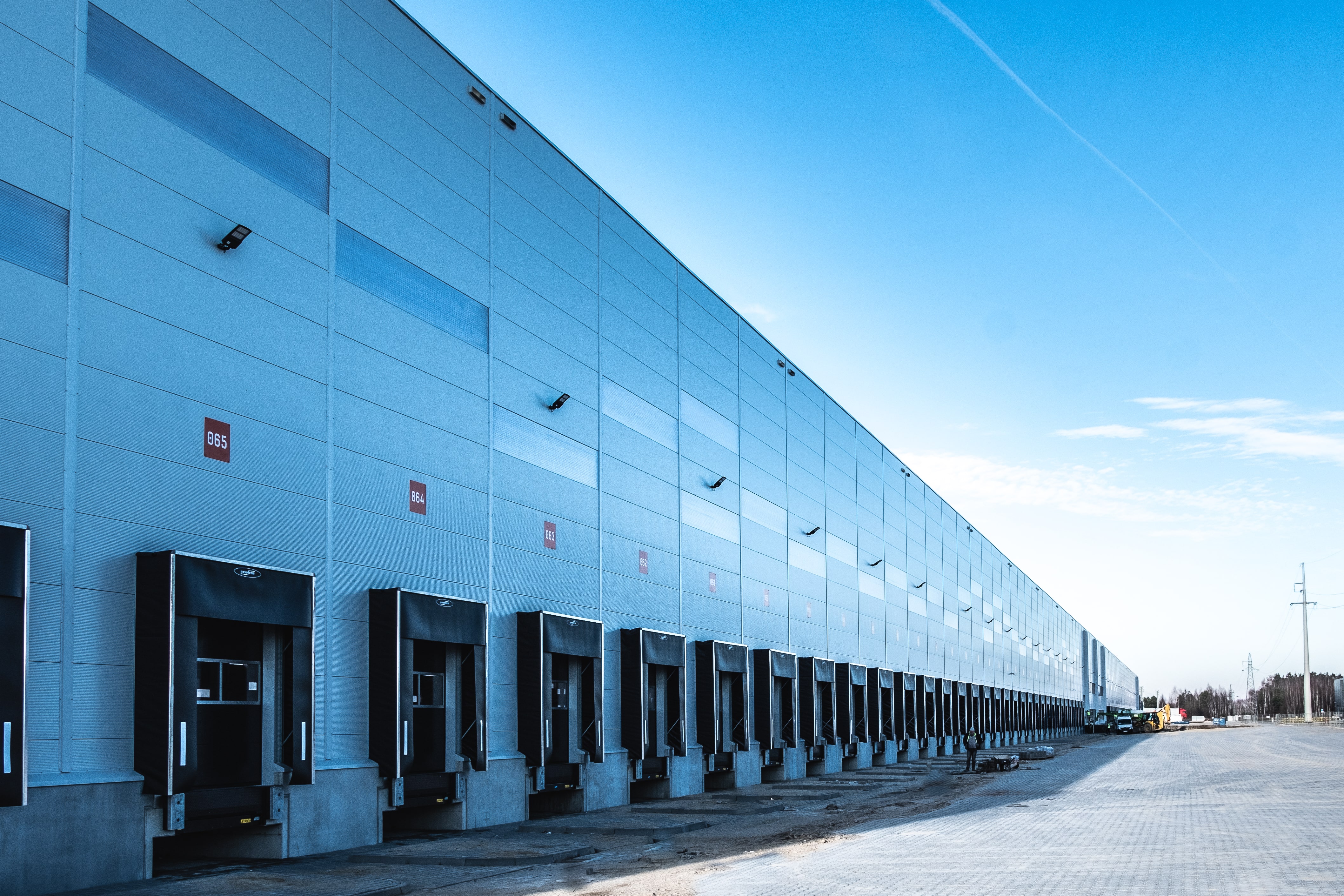Emphasizing Group Efforts to fly to a Greener Future

Many of the jobs created in Hungary by German investors are value-added; it is one of the reasons the government is so happy to encourage further investment from its most significant Western partner. One quintessential German group has more than 1,000 employees across the country, all in highly skilled positions.
Those jobs are spread across the Infopark in Budapest, at Vecsés, and in Szeged in two distinct companies. Perhaps counter-intuitively, they have nothing to do with the automotive industry, although transportation is front and center. Vecsés is a somewhat disingenuous clue: it is home to the Ferenc Liszt International Airport, whose official address is given as Budapest’s District XVIII. The group is Lufthansa, and the two companies are Lufthansa Systems Hungária Kft. and Lufthansa Technik Budapest Kft.
Lufthansa is best known as the national flag carrier for Germany. However, the group comprises further airlines and companies, including Austrian Airlines, Brussels Airlines, Swiss, regional airlines CityLine and Air Dolomiti, and low-cost carriers Eurowings and Discover Airlines (Lufthansa prefers the term “holiday airlines”). It is a sizeable operation by any standards, and the two local managers are working to make its full scope better known in Hungary.
“The Lufthansa Group offers Hungary frequent links through its main airlines with its hubs in Germany, Switzerland, Belgium and Austria, as well as offering additional destinations in Germany with Eurowings. I think we belong to the three biggest airline groups at the airport,” says Lufthansa Technik Budapest Kft. CEO Thoralf Wagner.
The two Hungarian companies follow the group model where non-flight services are also offered to the industry on a market price basis. Lufthansa Technik Budapest Kft. (LTB), part of Lufthansa Technik AG (LHT), provides maintenance, repair, and overhaul services for narrow-body aircraft. The core activity of Lufthansa Systems Hungária (LSYH) is the development, testing and operation of aviation industry applications, although it also offers IT solutions to clients in other industrial branches.
“Our model is a market relationship. We bid on Lufthansa Group tenders as well as tenders from other airlines, even if they are competitors of the group airlines. We can act fully independently, and the majority of the orders come from outside the Lufthansa Group,” Wagner explains.

Thoralf Wagner
Strong market presence
The same is true for LSYH, says its managing director, Stephan Neumann. “Whilst providing substantial IT services to Lufthansa Group customers, most of the businesses we serve are non-Lufthansa Group airlines, and in some cases, even fierce competitors of the group. We serve more than 350 airlines worldwide, showing great interest in our products and solutions.”
LTB has around 400 people on staff, all based at the airport. “We are really the guys with the oily hands,” Wagner jokes. Neumann is responsible for more than 750 IT professionals at LSYH in Hungary. The majority are based in Budapest’s Infopark, with about 75 in Szeged. Coincidently, both managers moved to Hungary in 2021. They are in regular contact, even if their day-to-day roles are in different fields.
“Lufthansa Systems GmbH, the LSY headquarters in Germany, holds the customer contracts. Lufthansa Systems Hungária Kft. is a 100% subsidiary of Lufthansa Systems GmbH, and together they are one substantial part of the big IT ‘tribe’ of Lufthansa Group,” Neumann says.
The Szeged operation opened just before COVID struck and exists, in part, to give LSYH access to another talent pool beyond Budapest.
“We had good connections to the local university; some of our key people were studying there, and it is pretty strong in data engineering and data science,” the LSYH head says. “While data was an initial focus, the employment net has since widened. We found a lot of great people in Szeged with various competencies,” he adds.
Size Matters
LSY is still in a growth phase in Hungary, having doubled its headcount in the past couple of years, although Neumann suspects that might begin to plateau in the next year or so. Lufthansa Technik Group is also growing constantly and has to, Wagner adds.
The maintenance, repair and overhaul market is growing, and the Lufthansa Technik Group, as a market leader, must expand to maintain and, ideally, increase market share. That is important when negotiating with significant partners like the aircraft, engine and component manufacturers or airline groups. This is one area where size really does matter because consolidation is ongoing.
For both managers, finding staff is an issue. “We are super happy with the quality of work. Where we are super unhappy is that we cannot get enough people, but that’s not driven by Hungary at all; it is the same everywhere,” says Wagner. In response, LTB has significantly increased the intake of its training school at Budapest Airport.
“We take people directly from high school, so we need them to have a good basic STEM education; that’s super important for us. The output of the state system for aircraft technicians is minimal. So, we rely completely on our internal training school, taking them from scratch.”
Every six months, LTB takes on 25-30 trainees. The latest intake began this September. Wagner says the education level required falls somewhere between the vocational and university paths. Once a car mechanic has qualified, that is pretty much it, he says by way of comparison. To become a fully licensed airline engineer, able to work on even the most sophisticated aircraft systems, can take six years. The benefit lies in the compensation levels if and when you get that far.
Neumann’s focus in attracting young talents is more clearly on university graduates. However, LSYH also runs what it calls the IT Young Professional Program for trainees that, he says, has excellent name recognition. It takes around 15 people every year, for which they get some 400 applications.

Stephan Neumann
Disruptive Thinkers
The talents are coached in soft skills and mentored by senior people, but they are also asked “to jump into the cold water” and solve real-world problems. These “disruptive thinkers” take an eight-week course before being phased into longer-term work.
“The program has been successfully running since 2012, and the majority of those who joined from the beginning are still with us,” Neumann says.
When it comes to hiring people with experience, various roles can be harder to fill at different times. The so-called scrum masters required in Agile software development were hard to find for a while. Now, specific roles within IT security are more challenging. If significant players like Microsoft or Magyar Telekom are recruiting, that can also disrupt the market.
Beyond finding talents, the aviation industry’s biggest challenge is, undoubtedly, decarbonization. Technology upgrades and replacing older aircraft with new, more efficient models are relatively easy ways to reduce emissions. Supply-side issues are hindering the latter, however, not least, a problem recently identified with the Pratt & Whitney turbofan engines that power the latest generation Airbus A320neo aircraft.
Both units are involved with technology or services that can help today, however. Lufthansa Technik, for example, offers a “shark skin” that can be applied to the fuselage to reduce drag (and thus fuel consumption) and an engine cleaning product to remove deposits and help it burn fuel more efficiently. LSY, for example, offers a flight planning product that will plot a route offering minimum journey time, fuel burn, and cost options.
Long-term Solutions
Longer-term solutions will involve developing synthetic low-carbon alternatives to kerosene, such as sustainable aviation fuel. Battery weight means electricity seems unlikely in the midterm for anything other than the regional aircraft. Serious research is being done into hydrogen, however.
“In our Lufthansa Technik headquarters in Hamburg, we have an aircraft for testing all the hydrogen processes. It’s not only that you need an engine that burns hydrogen, which is probably the easiest part,” Wagner notes. “You have to store that hydrogen in the aircraft. You have to store it at the airport; you have to have a safe refueling process, and so on. That’s not so easy,” he adds.
Both units are also working on their own company performance. “We are committed to reducing our environmental footprint and improving that of our customers in order to shape the green transformation in aviation actively,” says Neumann. Wagner notes that partners increasingly expect ESG compliance to be clearly certified, which can also play a crucial role in staff attraction and retention.
Wagner adds that digitization will be crucial, while Neumann says one IT buzzword, the Cloud, has been replaced with another: AI. “No one talks about the Cloud: everyone has already moved to it; now, it is simply a case of making the best use of it,” he believes.
“My focus is managing the company successfully. But even I can see that part of the routine programming work may be done by AI, freeing our programmers to do the more creative tasks. So, this is one of the big trends. And the question is, are we acknowledging it and really using it to our benefit? This could become a competitive advantage for an IT provider in any area, and just as much in aviation,” Neumann argues.
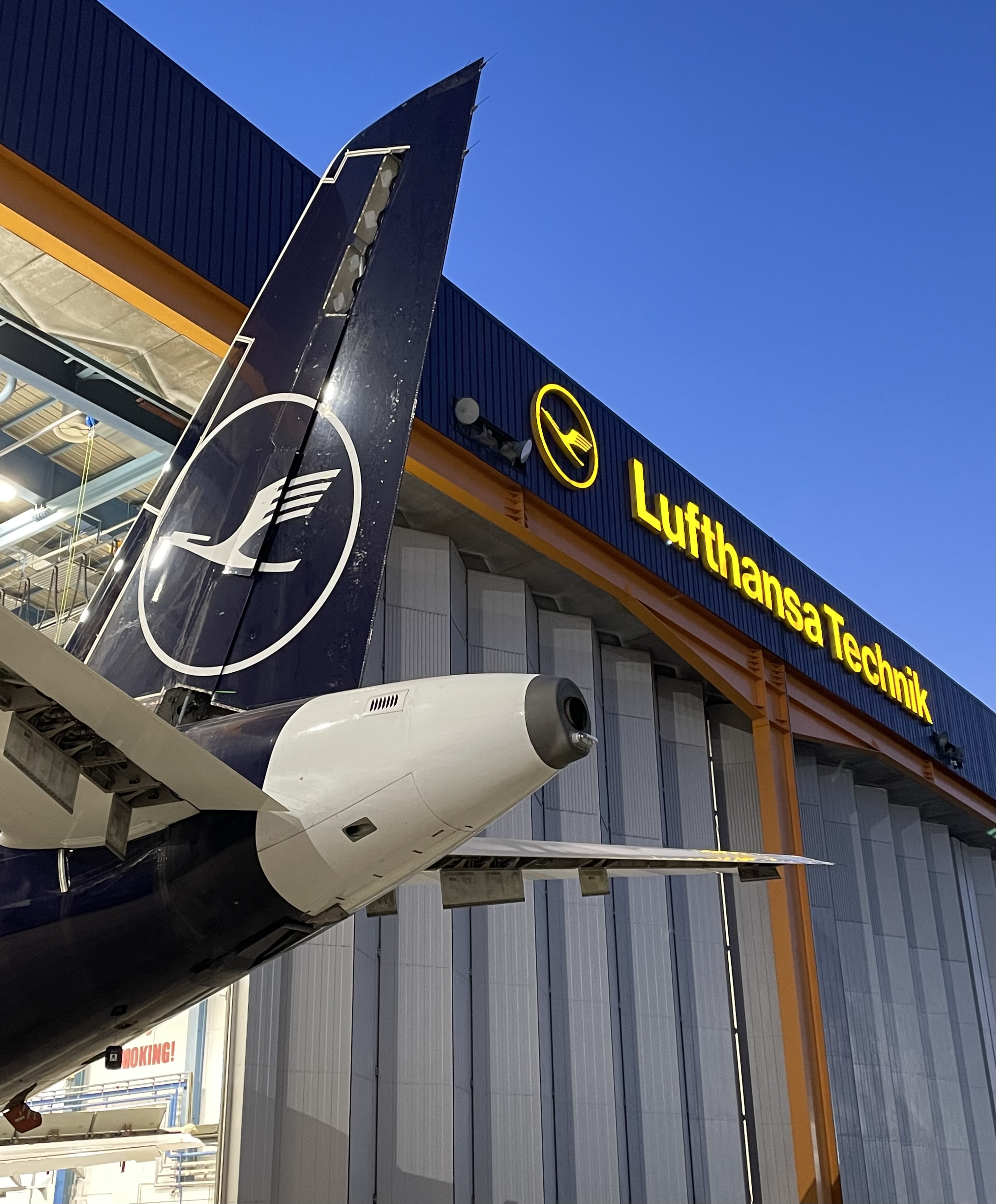
This article was first published in the Budapest Business Journal print issue of October 6, 2023.
SUPPORT THE BUDAPEST BUSINESS JOURNAL
Producing journalism that is worthy of the name is a costly business. For 27 years, the publishers, editors and reporters of the Budapest Business Journal have striven to bring you business news that works, information that you can trust, that is factual, accurate and presented without fear or favor.
Newspaper organizations across the globe have struggled to find a business model that allows them to continue to excel, without compromising their ability to perform. Most recently, some have experimented with the idea of involving their most important stakeholders, their readers.
We would like to offer that same opportunity to our readers. We would like to invite you to help us deliver the quality business journalism you require. Hit our Support the BBJ button and you can choose the how much and how often you send us your contributions.



